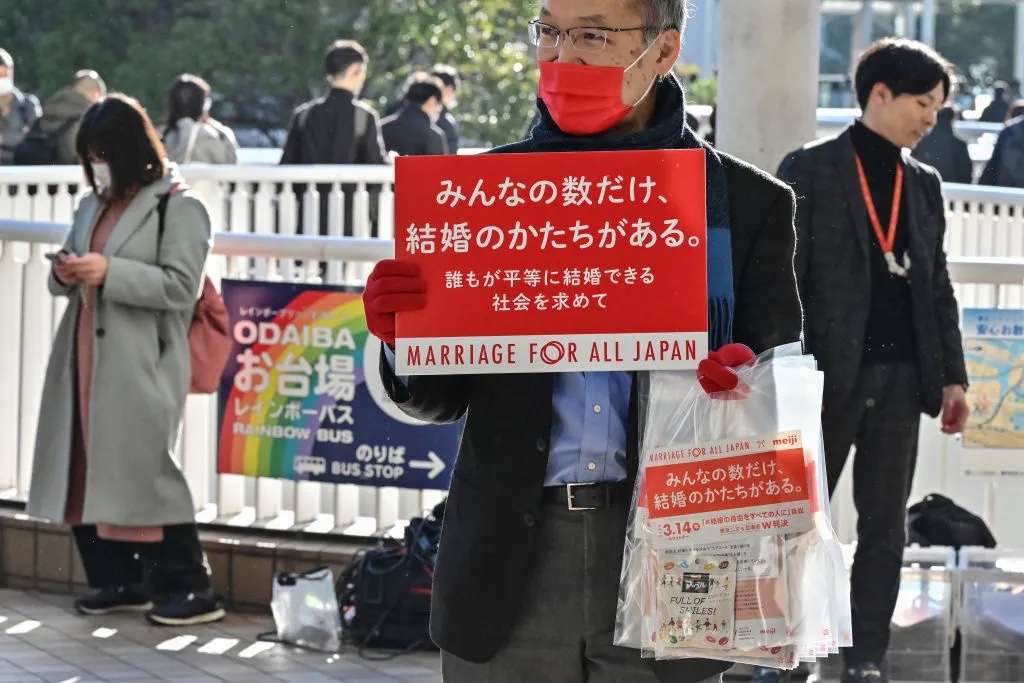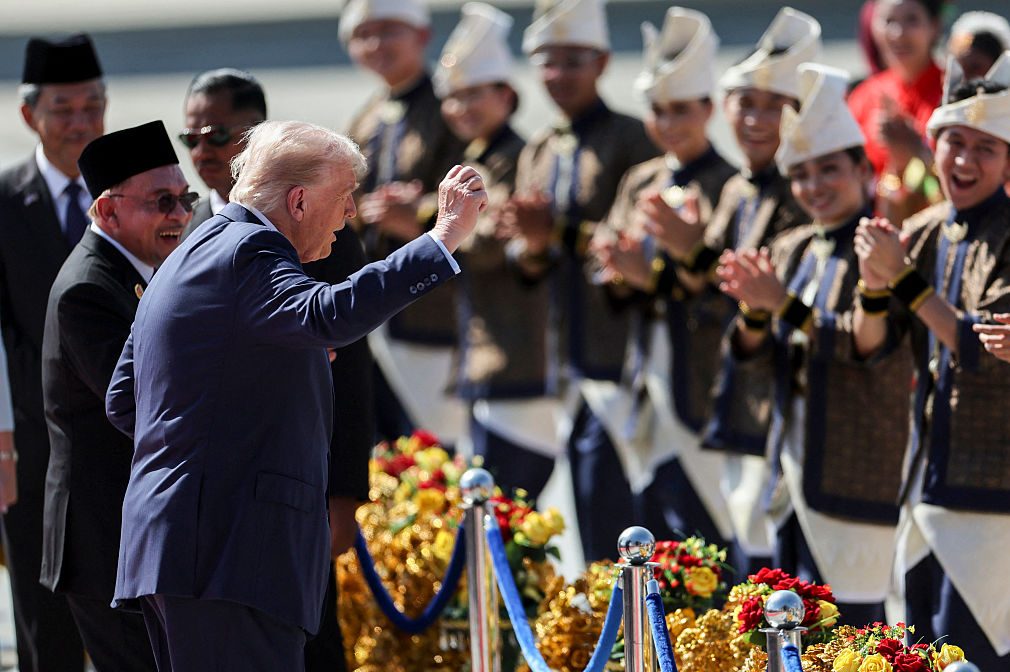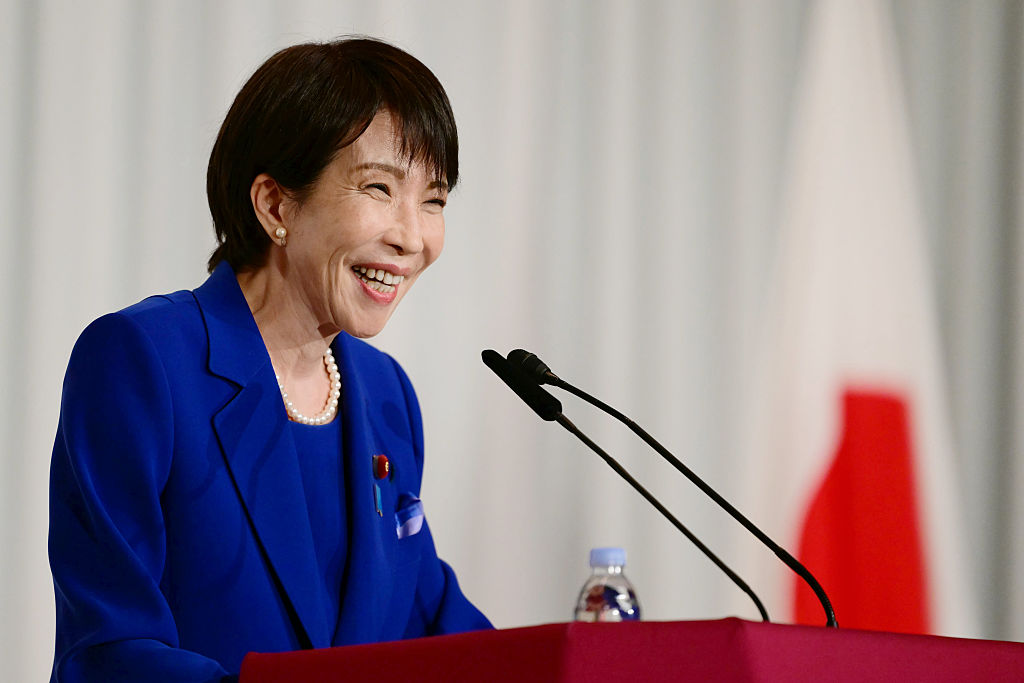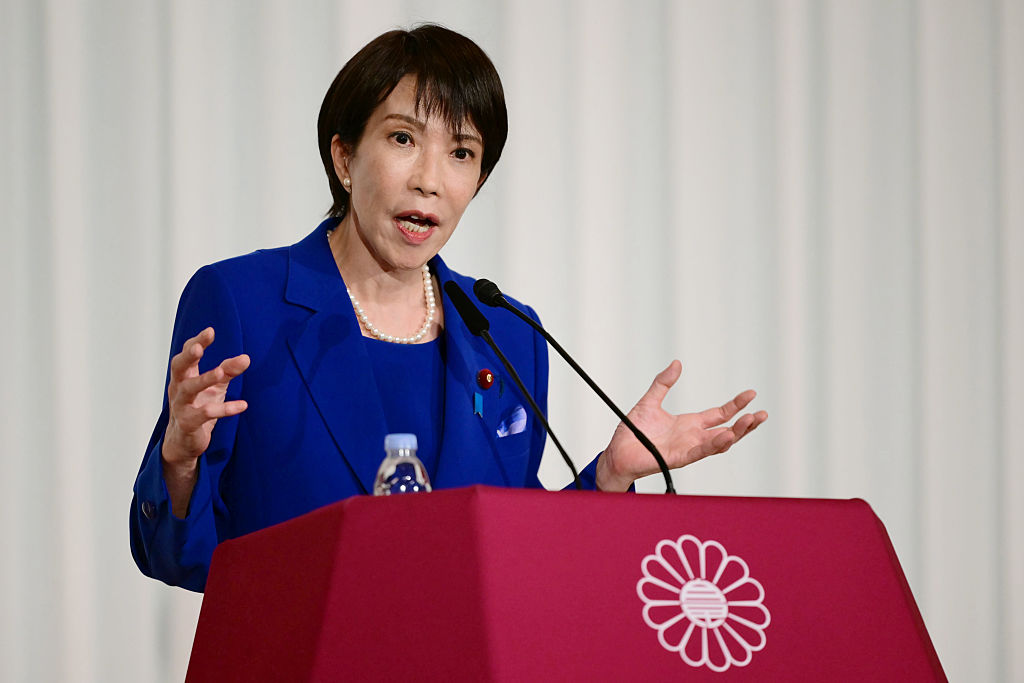Thailand has just passed a “landmark” marriage equality bill, which will pave the way for the recognition of same-sex unions in the Land of Smiles. The upper house in Bangkok comfortably approved the measure on Tuesday, and as soon as King Maha Vajiralongkorn signs it off Thailand will become the first Southeast Asian jurisdiction to formally legalize gay marriage.
Equality campaigners in Japan will be watching these developments closely. With a general election expected before November and Prime Minister Fumio Kishida’s scandal-wracked Liberal Democratic Party (LDP) administration under considerable pressure, advocates for same sex marriage in the one G7 country that still denies it, will have hopes that, following the Thai precedent, the issue will feature prominently.
They have other reasons for optimism. In March the Sapporo High Court ruled that denying same-sex marriage was “unconstitutional,” a judgment that doesn’t mandate change, but significantly weakens the government’s standard defense. Article 24 of the constitution states that “Marriage shall be based on the mutual consent of both sexes,” but the court in Hokkaido ruled the clause can be read to include same sex couples.
Campaigners also point to the supposed support of the Japanese public (70 percent is the often-quoted polling figure) and the alleged reputational damage Japan’s continuing opposition to same sex marriage inflicts on the country. US ambassador Rahm Emanuel has been especially critical via his X account, even marshaling a fifteen-strong ambassadorial cohort to record a four-minute video pushing Japan to embrace LGBTQ rights.
And yet… the activists should not be too bullish about their chances. Firstly, how seriously can we take those poll numbers? Japan is an etiquette-based culture where the concept of hone (true feelings) and tatemae (publicly-expressed opinion) is still dominant. The chances of people expressing a controversial, and easily misinterpreted view to a complete stranger is minimal. And even if the majority of Japanese are broadly sympathetic to the general idea of same-sex marriage, they clearly haven’t been sympathetic enough to the reality to switch their vote from the LDP. As a Japanese friend put it to me: “we do care, but not that much.”
This may be because life for gay couples in Japan isn’t perceived as being all that bad. This is evidenced by the hugely-popular and light-hearted drama (called Kino nani tabeta?, meaning What did you eat yesterday?) which features a gay couple and their work, home, family and dining dilemmas. Kenji, a hairdresser, and Shiro, a lawyer, can’t marry, and face serious questions over whether to adopt a child or not. Shiro also keeps his sexuality secret from his office and has to deal with a supportive, but disappointed mother, who puts on a brave face (hone) but would clearly have preferred her darling son to have settled down with a nice girl (tatemae).
What is striking, and rather touching, is how gently all this is depicted, with respect for all viewpoints and no caricatured homophobia. There is no clarion call for change, and if there is a message it is that gay couples can’t marry in Japan and this is perhaps unfair, but the answer is to be sympathetic and tolerant (which most people are), not to angrily call on the authorities to rewrite or reinterpret the Japanese constitution and redefine the estate of marriage, especially perhaps when one of Japan’s national priorities is supposed to be boosting the birth rate.
Campaigners should not put too much faith in the idea that events in Thailand or sniping from a possibly-on-the-way-out progressive US administration will have much influence. Japan is particularly sensitive and resistant to “gaiatsu” (outside pressure). The Japanese have persisted with whale hunting despite (in fact, because of) international opprobrium.
The Japanese establishment, often depicted as dinosaurs, are more accurately a mixed bag of generally old or elderly well-connected bureaucrats whose defining characteristic is an innate conservatism. Ever alive to potential threats to Japan’s hallowed societal harmony, a Japanese government legislates with extreme caution, especially where constitutional matters are concerned. Politicians here may seem to be behind the times, but it’s hard to imagine a Japanese government embedding net zero in law or proposing gender self-ID.
This is not to say that Japan is entirely unreceptive to modern gender-based lobbying. Calls for change are not outright dismissed, just subtly deflected. A good example was last year’s gender tolerance bill, a response to calls from some quarters for measures to “promote understanding of sexual minorities.” The bill contained supportive sentiments, but no changes to Japanese law whatsoever.
The other disadvantage campaigners here have is that they are a wholly different constituency to their counterparts in the West and don’t wield as much power or generate as much publicity. There are no big-name celebrities involved. Japanese “talents” are strictly controlled by their all-powerful management companies, so even if they felt inclined to join the debate they wouldn’t be allowed to. It’s a controversial system and rife with exploitation, but it has its advantages.
I would expect then that the Japanese government, if it comments at all, to respectfully acknowledge Thailand’s legislation, pronounce it to be interesting and worthy of consideration. Then do absolutely nothing at all.
This article was originally published on The Spectator’s UK website.


























Leave a Reply